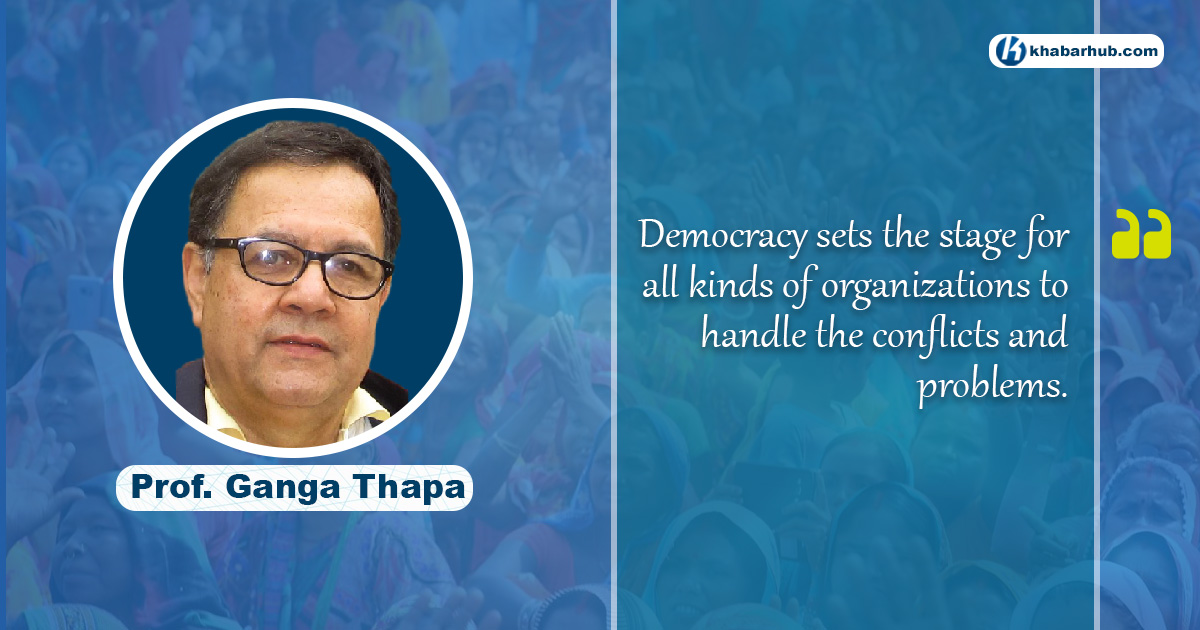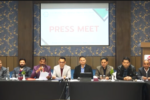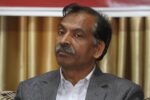The wave of political reforms that swept across the world during the last four decades stunned many observers. Contemporary discussions on democracy included local circumstances, grievances, and idiosyncrasies as influencing factors in the 1990s and 2000s even on a global level. Several countries made relevant constitutional changes to bring about economic, social and cultural transformations with a view to building up greater civic capacity and attaching legitimacy to executive actions for furthering the cause of stable democracy.
In many cases, these commensurate changes helped in improving the public image and enhancing the people’s trust in Government institutions, departments, and other public agencies working to serve the people in large. This is the way to ensure good governance. As many commentators have already pointed out, recent political changes across the nation-states in the world have only reinforced the centrality of the state to concentrate more political powers in hands of central (or federal) government. It has further spurred the interest of academic study of political institutions among the scholars and academicians to open up new avenues of development and opportunities for their constituents, regardless of the outcome.
Here is my point of discussion. The end of Cold War no doubt has played a critical role to establish accountability in democratic governance pressed through laws. It insists on the universal significance of liberalism to pursue changes in political behaviors of both politicians and common citizens as voters. Let us see the concept of a ‘plurinational’ state that emphasizes on the popular mobilization of people for promoting political participation. It, of course, enables new ways of political thinking which include the role of both state and people. Now clientele tendency of political governance has given place to popular representation in decision-making in all the public offices on a more manageable scale.
Simply put, the state — its nature and functioning forms the very foundations of modern political science and is central to the academic understanding of politics. Indeed, it is not a surprise that the state is not just to hurl executive orders but also something which needs to be put in order. Whatever the spillover effects of political parties on democratic governance, overwhelming evidence indicates that political parties do have crucial roles to play in their own internal structure of democratic governance and in many ways they can be held accountable for their civic failures if the state fails to administer in the interest of the people.
Dahl (1998) holds that there is no single theory of democracy: only theories. One can see many approaches, but democracy is both an ideal and practice, and the civility or ‘civic unity’. According to Aristotle in the affairs of government, not just in times of danger but on a regular basis too, democracy has always been considered a requirement for a good society and good politics. Dallmayr (2001) again explores the affinities between global and modern politics—he recognizes the dangers of electoral hegemony that the abuse of power can occur at any time and the need for grassroots, bottom-up alternatives for the sake of citizens to be politically alert and ever ready to defend their liberty and the free institutions of their republic.
The bulk of recent research that demonstrates that democracy is arguably the most effective popular vehicle for achieving a democratic and equitable society in which popular sovereignty, democratic decision-making, transparency, and accountability are well guarded and hence preserved. Democracy sets the stage for all kinds of organizations — social, religious, cultural, economic and political to compete among themselves that lead to handle the conflicts and problems which either get resolved successfully or do not get resolved. Despite the unresolved conflicts which inhibit the major institutional, organizational, and ideological functions by putting in obstacles in front, democracy within again causes ripples to strive for better conditions for all.
Specifically, it is possible to question the extent to which new political orientations are susceptible to the broader domain of politics in general within which political values and sentiments are formulated and expressed in their democratic spirit and values. Similarly, Forhan (2002) shares an idea with a politic metaphor, in which she explains the potency and popularity of modern political thought, in particular, the question about how much new democracies push for changes in government policies and laws that expand citizens’ rights and benefits, and by its ability to contain its own negation at the level of discourse and to influence political and public policies of the day. The political transformation of the Nepali state has not been completed yet.
As the pluralist and rational choices are dominating within the Nepalese politics and its literature, there is a need to start a lengthy debate to consider how well democracy is doing here at federal, provincial and local levels. In all fairness, however, it must be stated that the phenomenal political change in Nepal has given rise to a strategic opportunity to promote an entirely novel vision for development through the process of modernization of political institutions looking to fulfill the desire and necessity of the people through the multilevel governance. This is expected to bring people closer to one another and to the government so that they may feel Government – federal, provincial and local has reached at their doorstep to adequately represent them in an impartial, just and fair manner.
To some degree, populism is the very basis of democracy. One cannot ignore the element of trust and civility in democratic governance particularly in local self-governance where all the stakeholders know each other. It requires a more robust form of consensus building exercise among Nepalese people. All the stakeholders – voters and elected representatives agree to look at the practice of democratic politics in utter harmony to foster the common good and cooperation among people for being full-fledged citizens. Democratically elected politicians perform the function for which they are elected.
Democracy is the most possible way to acquire social justice by reinforcing the identity and interests of the common citizenry. Research on the recent past of the new democracies indicates that elected representatives have failed to deliver on their promises to people who voted them into power. It definitely sends a negative signal about democracy. For democracy to be healthy and productive, and to be credible among a truly diverse population, representatives of the people must fulfill the promises they have made during elections.
Whatever the case may be, there is, nonetheless, is a high-level of public support for democracy among the people. Traditional barriers are being broken to participate in new social movements which are creating further opportunities for the common citizenry to explore a path reconciliation for every conflict they face. This is the power of democracy and people are the ultimate stakeholders in it and they can be held accountable for all the political discourses which take place in society.
(To be continued…)
Views expressed in this article are the author’s own and do not necessarily reflect the stance of Khabarhub.









Comment